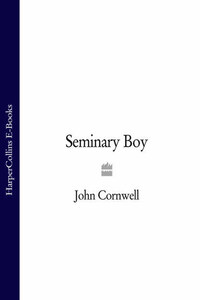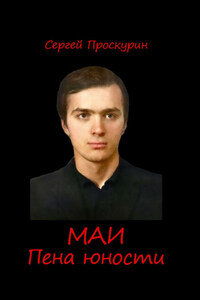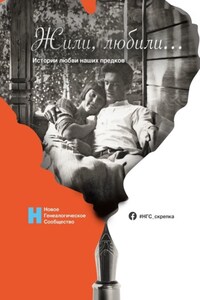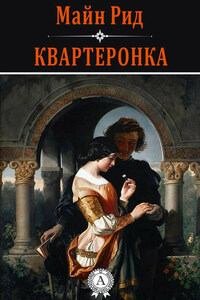ON MY LAST summer holiday at the minor seminary I ran into my father in the east London suburb of Woodford. His heavy limp, a handicap from childhood, seemed more laboured than I remembered. As he toiled up George Lane his hand motions were like a man steadying a skittish horse on a leading rein. His hair was plastered down with brilliantine and he was wearing a new raincoat, collar turned up in the manner of Humphrey Bogart. He accosted me affably with his familiar limelight smile, as if greeting an invisible audience somewhere above my head. He betrayed no remorse at having left my mother and his five children a year earlier. Standing outside Woolworth’s, chatting about the new soccer season, he was fishing for something in his trouser pocket. I glimpsed a ten-shilling note. Then he fetched out a large bright horse chestnut, a conker. Buffing it on his sleeve he handed it over, saying: ‘Cheerio there, Jack.’
I stood watching him until he was swallowed up in the lobby of the Majestic cinema where a matinée was about to begin. He did not look back. I was missing him, but he had always been more of a troublesome sibling than an ideal father. In any case, I had other father-figures to contend with.
FATHER JAMES COONEY, pastor of my early adolescent years, was an austere soul. He had a drawn grey face and blood-raw eyelids. His cracked celluloid clerical collar was the colour of soiled snow. It was the rigid cheap sort that priests and seminarians could launder in seconds with a damp cloth. He would kneel at the altar rail in our empty church, eyes shut tight, grizzled head listing in concentration. When he looked up towards the tabernacle, he seemed to be adjusting his vision to the scene of his life’s mission – the east London district of Barkingside. Father Cooney was in resigned exile from Skibbereen, County Cork.
From the age of eleven until I departed for the minor seminary aged thirteen to begin my education for the priesthood, I served Father Cooney’s Mass at seven o’clock every weekday morning in what he called his ‘old bit of a church’, dedicated to Saint Augustine the missionary to the English. On Sundays the people stood three deep in the aisles, latecomers huddled out in the churchyard. To reduce the pressure he celebrated an extra Mass in a disused army hut next to a pet cemetery where dogs, cats and horses were buried beneath headstones. Father Cooney would gaze bleakly out of the hut window, disparaging ‘the pagan English customs over the way’. I served Mass at the Camp, as we called it, before cycling up to Saint Augustine’s to assist as censer bearer at the sung High Mass. In the afternoon I returned to serve at Solemn Benediction when Father Cooney led the singing of his favourite hymn:
Lord, for tomorrow and its needs I do not pray.
Yet Father Cooney was struggling to supply the needs of tomorrow in the form of a larger church. Holding up the offertory plates he would reproach us: ‘Copper! Copper! Where’s the silver?’ In the meantime he was watching the pennies. Around the church and the presbytery he wore a frayed, black-trying-to-be-green cassock. In winter he went shod in army boots; in summer, black canvas plimsolls, sometimes without socks. He chopped his own hair. Standing close to him in the sanctuary on summer days, he smelt like a sack of fertiliser.
At High Mass, the segment of charcoal cake, painstakingly excised with a razor blade, was minuscule, the incense grains sparse. When I swung the censer high to make the smoke billow, he would come suddenly out of his meditative mode: ‘Not so briskly, child!’ he would hiss. When we buried parishioners in the Catholic section of the local cemetery, the charcoal was a morsel of white ash by the time we reached the graveside. It seemed to me strange, Father Cooney swinging a cold smokeless censer at the coffin. At Low Mass he would ease a tear-drop of wine into the chalice. The candles on the altar were dark guttering stubs appropriated from Our Lady’s votive rack. He lit them at the last moment, and snuffed them with a singed pinch before he had even finished the words of the last Gospel.
He was a withdrawn man. If we met outside church he would incline his head, silently acknowledging the bond between himself and his daily Mass server. Sometimes he made a peculiar noise, a substitute for saying anything definite: ‘Wisswiss…wisswiss.’ When the children gathered around him in the school yard he would make a nuisance-fly gesture: ‘Very good! So!…wisswiss…Run along now!’ Addressing women, young or middle-aged, he would stand sideways on to them, bleakly descrying objects of curious interest in the distance. But I had also seen him comforting in his arms a widow wracked with grief at her husband’s graveside.








